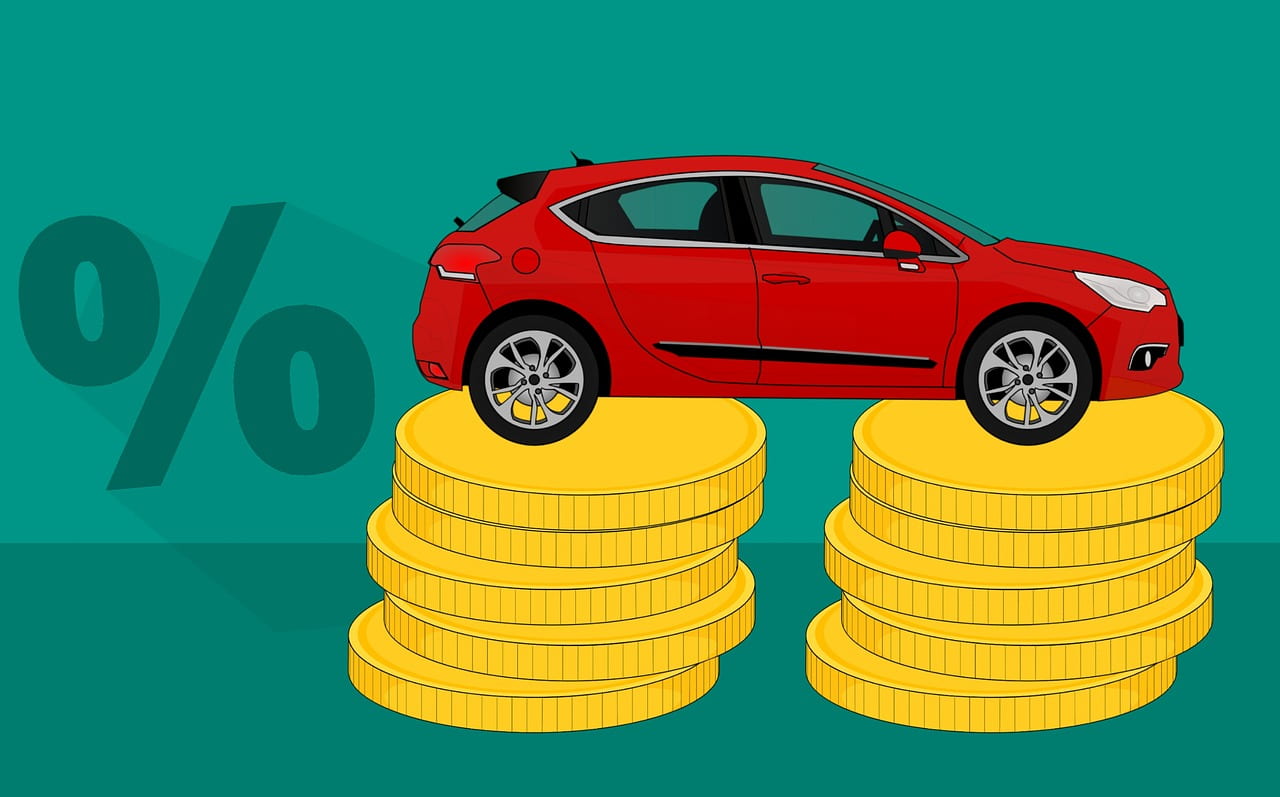Nothing can quite replicate the feeling of getting in a new car. The clean interior, the smell of a newly purchased vehicle, and the anticipation of driving it around fill almost every driver with joy.
For many Americans, owning a car means freedom. The ability to drive wherever you want, whenever you want to, is quite the definition of mobility. As such, it is no wonder that the average American household owns more than one car, according to Statista.
Despite this, the prices for a new car in the U.S. are constantly rising. And even prices for used vehicles peaked following an increase in demand during the pandemic. So, for many, owning a car becomes a question of freedom vs. financial impact.
But owning a car costs more than just the vehicle itself. Besides the upfront price you pay at the dealership, things like insurance and car taxes can quickly become a financial burden. Therefore, thorough research on ways to decrease the cost of a car is recommended.
As such, it can be quite beneficial to conduct a car insurance comparison by state. Websites like this make it easy to compare the rates for each individual state. Find out how much you have to pay for car insurance across all states, from Alabama to Wyoming.
Besides insurance, a car also needs gasoline. With gas prices going up as well, many car owners are faced with a substantial question: Do I really need my car?
What seems unthinkable for most Americans might be a viable solution to decrease household spending and cover losses caused by the pandemic. And while almost nothing symbolizes the American spirit quite like a powerful car, it may also be the very reason why many Americans face financial problems.
In many European countries, the number of cars per household is significantly lower than in the U.S. Public transportation is far more commonly used than in many American cities. Due to clogged highways, insufficient parking space, and a rethinking of CO2 impact on the environment, many Europeans have ditched their cars in favor of public transport. Numerous cities and countries in Europe have also introduced zero-emission vehicles for public transit as well as a handful of privileges for busses, trams, and trains. These benefits include such things as dedicated lanes, right of way, and many other perks for public transit vehicles.
And while some cities in the U.S. grant these benefits to public transit as well, there is still a lot of room for improvement. A report by the American Public Transport Association indicates that 45% of Americans have no access to public transport. For most rural cities, this has to be expected. However, given that an estimated 83% of Americans live in urban areas, this number becomes shockingly high.
There are cities in the U.S. that have, without a doubt, excellent infrastructure for public transit. New York City is one such example. The Big Apple features a highly efficient subway system that transports more than one million people every single day. But other cities, like Los Angeles or Dallas, lack such a well-thought and structured infrastructure. If you ever took public transit in one of those cities and compared it with NYC, you know which subway system is superior.
As long as there are no improvements in access to public transportation, most Americans will subsequently be pretty much forced to own a car. While Covid gave birth to many home office careers, there will be a time when companies ask all of their employees to return to the office. And if that time comes, many will have to use their car to drive to work.
But here comes the next problem: Traffic in big cities is painfully slow. According to an article by CNBC, commuters spend 119 hours a year stuck in traffic. This means that you will spend an average of almost five days in traffic jams while driving in the City of Angels! Numbers like these show how much improvement in the traffic system and especially the public transit system is needed.
For many Americans, owning a car will likely become a question of investment and return. With prices for cars and oil constantly rising, the financial impact of owning a personal vehicle will only become more extensive in the near future. But what are the solutions?
As discussed earlier, public transit is not nearly where it needs to act as a viable solution. But what about car sharing or carpooling? There are many ways colleagues can organize their way to work to decrease the number of cars on the road. This would lead to less traffic and help to fight clogged streets and highways.
There certainly are ways to balance having a car and the cost of vehicle ownership. Currently, there are only semi-viable solutions to the problem. As long as public transit is in its current state, owning a car will be the only reliable way to get to work for most Americans.
